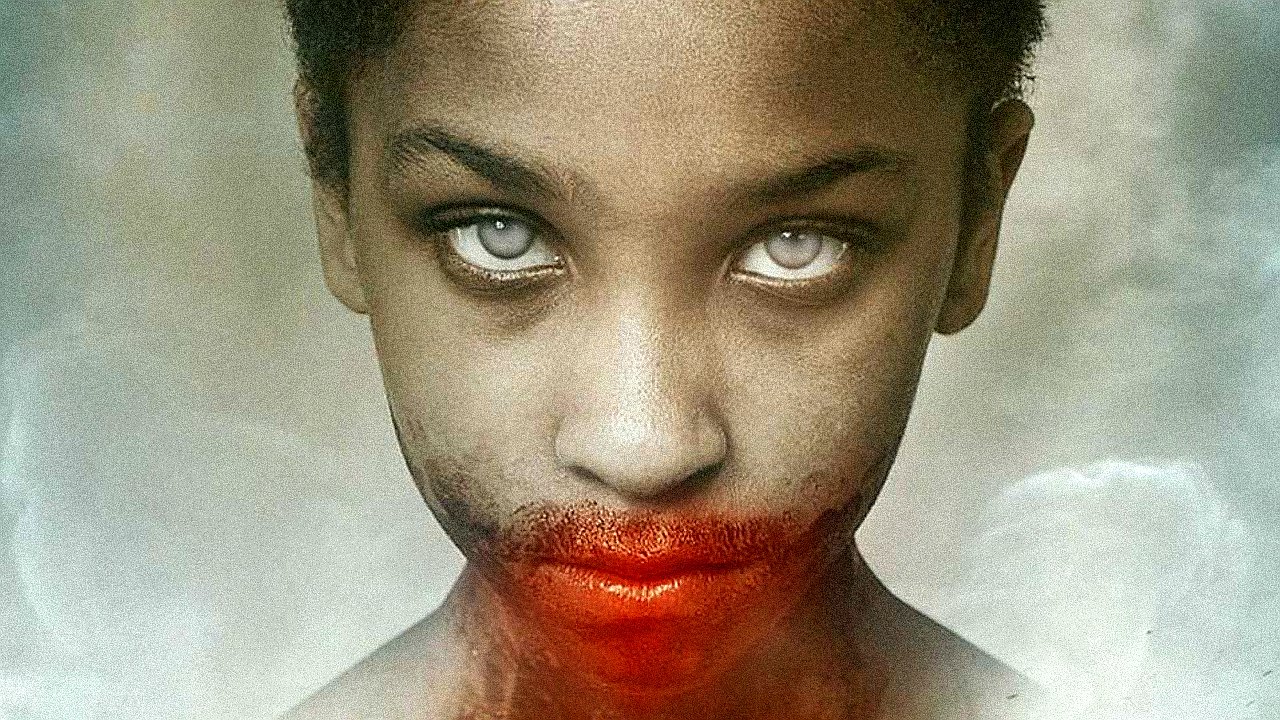by Tasha Fierce | May 24, 2018 | afrofuturism blog series
When I interact with people in my day-to-day life, I try my best to consider them as whole human beings with a lifetime of distinctive experiences up to and including the moment before I began my interaction with them. I balance their mannerisms and reactions against...
by Tasha Fierce | May 19, 2018 | afrofuturism blog series
When I was eight years old, I was raped by an older classmate. When I was eighteen, I was raped by the brother of my friend’s boyfriend while we were on a double date. Sprinkled in between those traumas are numerous microtraumas*: racism, bullying, sexual...

by Tasha Fierce | May 14, 2018 | afrofuturism blog series
[attention: there will be spoilers] What is liberation if it requires the enslavement of others? How can we prioritize our freedom while holding space for empathy? Imagining new futures means we do not have to accept the compromises made in the past. We can discard...
by Tasha Fierce | May 7, 2018 | afrofuturism blog series
The white male founders of the United States lived in a world that was not at all one where all men were equal, or where all men had the same access to life, liberty, and the pursuit of happiness—and for the most part, they were perfectly happy with this...
